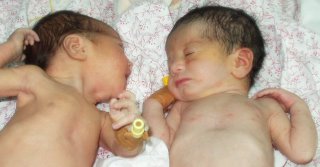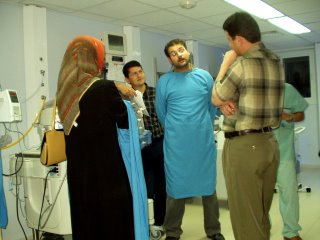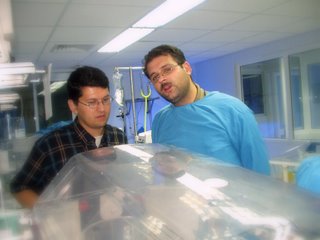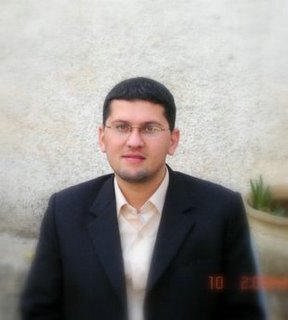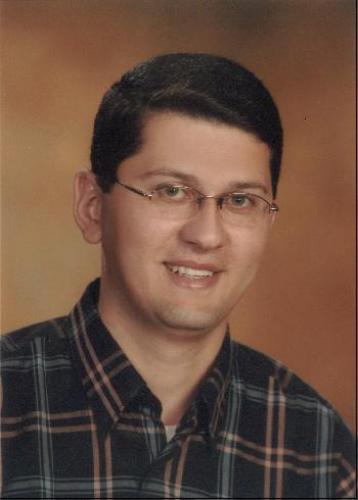Experience of Palestinian and Israeli Nurses, Comments
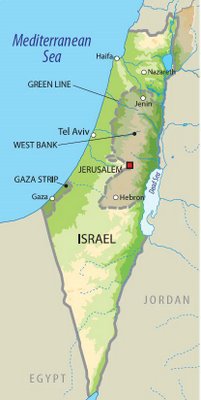
While reading one of my favorite Nursing Journals (AJN) , I ran into an article by " Constancia Romilly, MS, APRN, BC " , which describes the experience of Palestinian and Israeli nurses. Romilly visited Palestine (she refers to the occupied West-Bank as Palestine and that's "Something" itself!) in 2002 and met Palestinian and Israeli nurses. She reported, in an objective way, the experiences of both. The Israeli nurse reports that: “It’s very hard to treat [victims of suicide bombings], she says, recalling one blast that killed a mother and three children. “They left only a wounded father and one of the kids. How do you rehabilitate this part of the family?” And on the other side the Palestinian nurse who reports that “During the curfew, nurses with children take the morning duty so they can go back to their children. The ones who don’t have children will stay the evening and night shifts.” Because getting to and from work puts health care professionals in danger, transportation to and from home is provided, whenever possible, in public health department ambulances.
Romilly also reported that the closures and the economic crisis have also had significant impacts on the health care system [of Palestinians], food security, and nutrition, according to the World Bank. She also talks about the "Security Fence" and, with a photo, presents a description of it, but without referring to its tragic consequences on the Palestinian Health System.
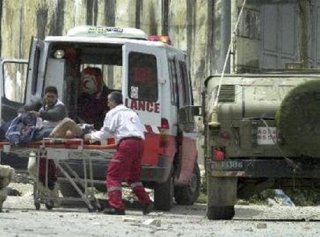
This is one of the few reports, I think, that describes the situation without any distortion. It is true that Palestinian health sector is suffering serious problems, some of which are directly related to occupation, that are undermining its ability to provide even the most basic health needs.
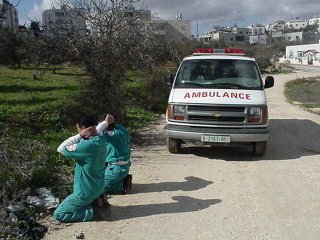 During the last few years of the Intifada (civil uprise against Israeli occupation) both sides have occasionally used violence. It was almost impossible for me to reach my work place ( it took me an hour or so to reach my hospital which is 5 km away from my home ! ), but to date I have to be fair and tell that I was never stopped by the Israeli Defense Force (IDF) from reaching my work at hospital. I have witnessed few events in which Israeli soldiers stopped or restricted the movement of Palestinian EMTs but to date this was not a rule followed by IDF.
During the last few years of the Intifada (civil uprise against Israeli occupation) both sides have occasionally used violence. It was almost impossible for me to reach my work place ( it took me an hour or so to reach my hospital which is 5 km away from my home ! ), but to date I have to be fair and tell that I was never stopped by the Israeli Defense Force (IDF) from reaching my work at hospital. I have witnessed few events in which Israeli soldiers stopped or restricted the movement of Palestinian EMTs but to date this was not a rule followed by IDF.